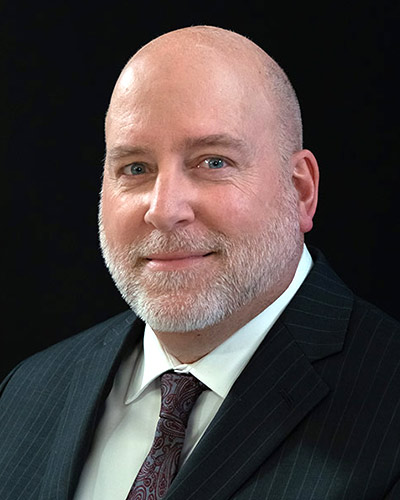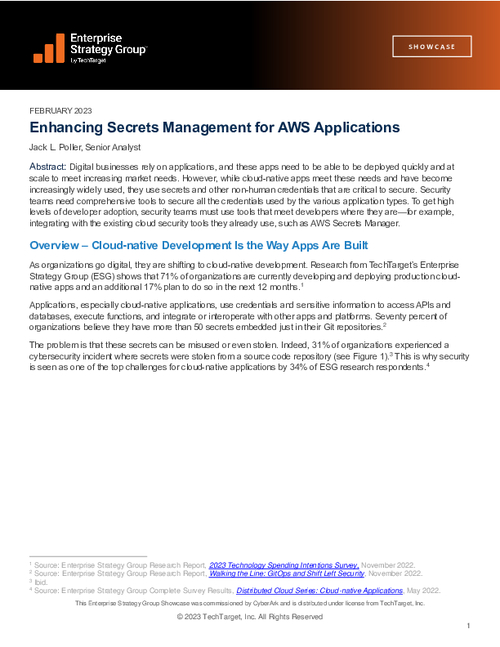2008 Election Results: 4 Questions that Impact the Banking Industry

At least one question has been answered.
With the election of Barack Obama as the next U.S. President, we know who our nation's leader will be for the next four years. And with Democrats picking up additional seats as the majority party in both the House and Senate, we have a sense that Obama is going to have some congressional support for the change he's promised.
The real question is: What kind of change are we talking about for the banking industry?
Here are four topics that are ripe for post-election discussion:
- What happens to the stock market? Don't let Tuesday's election day rally fool you one way or the other. The nation's economic woes weren't the single-handed result of the incumbent President, and they won't be resolved simply by the election of a new one. There are a lot of different factors - subprime mortgage crisis, housing woes, unemployment, the credit crunch, institutional failures - that have led to the current global economic downturn, and it's likely the market will continue to ebb and flow daily with the latest economic news. One key difference: The election is no longer a factor. We do know who our President will be, as well as the makeup of the Congress. The financial markets like certainty, so resolving the election-related questions can only help restore stability sooner.
- Who is our next Treasury Secretary? It's time for President-elect Obama to start naming his Cabinet appointees, and he's expected to quickly name a successor for current Treasury Secretary Henry Paulson Jr. Given the prominent role Paulson has played helping to resolve the current economic crisis, this is no small appointment. The next Treasury secretary will be highly visible, with great opportunity to make an impact upon the banking industry. Prospective candidates include Timothy Geithner, president of the New York Federal Reserve; NJ Gov. Jon Corzine; former Federal Reserve Chairman Paul Volcker; two former Treasury Secretaries, Larry Summers and Robert Rubin; and even current FDIC Chair Sheila Bair. Which leads to another topic:
- What becomes of the banking regulatory agencies? Remember the Treasury's "Blueprint for a Modernized Financial Regulatory Structure", a proposal from last spring, calling for the most extensive regulatory overhaul since the Great Depression? The plan calls for the elimination of the Office of Thrift Supervision (OTS) and the Commodity Futures Trading Commission (CFTC), rolling their functions into the Office of the Comptroller of The Currency (OCC) and the Securities and Exchange Commission (SEC) respectively. What happens to this plan under the Obama Administration? And given what's happened in financial services within recent months, what further regulatory re-shaping might this new Administration have in mind?
- Which new regulations are coming down the pike? In our recent Banking Confidence Survey, 97% of respondents said they believed new regulations were coming for the banking industry. And this is before they knew we'd have a Democratic President and Congress. Historically, Democrats like regulation (witness: FDR's New Deal economic reform of the 1930s), so the question is less about if greater regulatory oversight is coming, but when. And what specific types of regulation. Remote deposit has already been spoken of as one area that may see new regulation soon, but given what we've seen happen to failed retail and investment banks because of the subprime mortgage crisis, greater leadership/management checks and balances also can be expected.
In short, we saw history made on Tuesday with the election of the nation's first African-American President. But in the coming months, we will see policy written, and that more than anything will indicate the future challenges and solutions for the banking industry.












